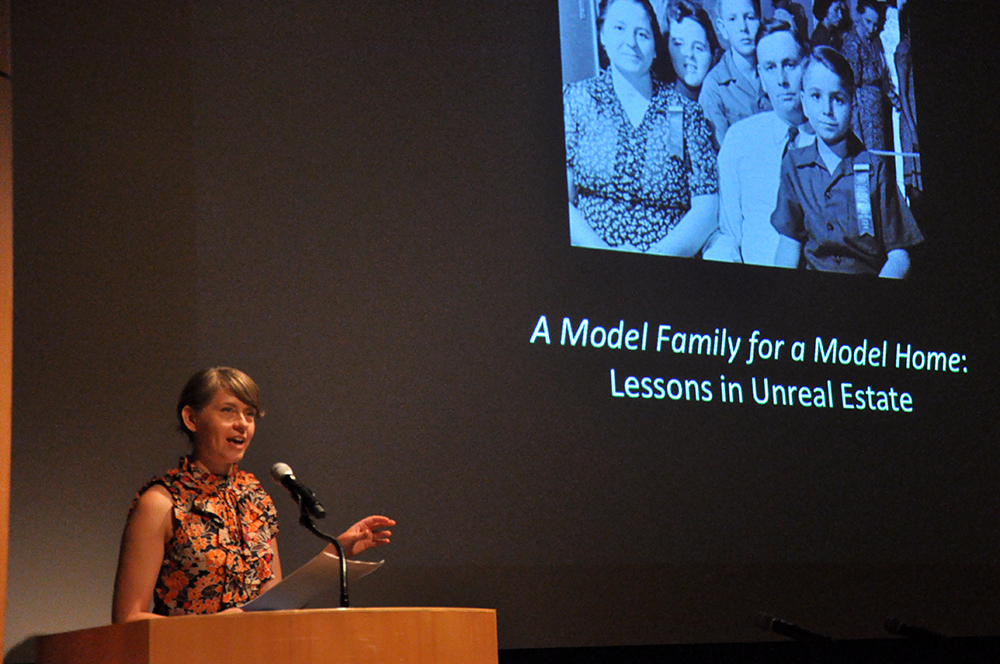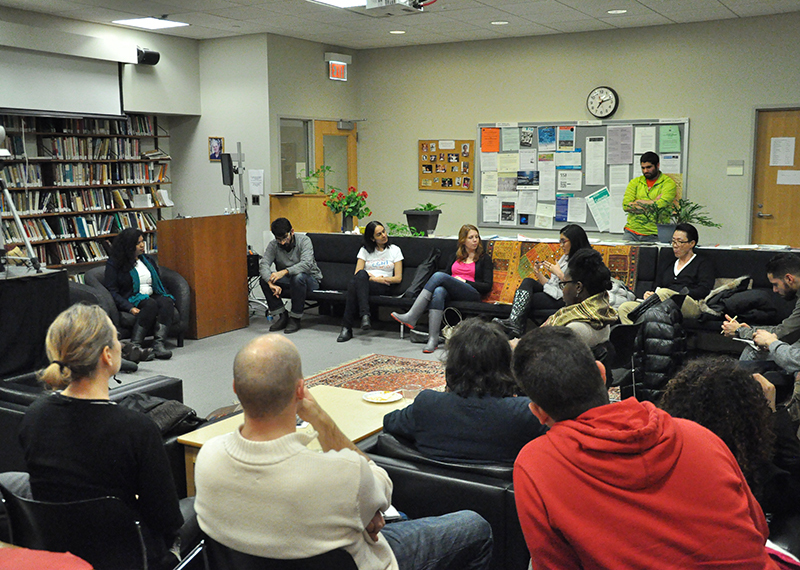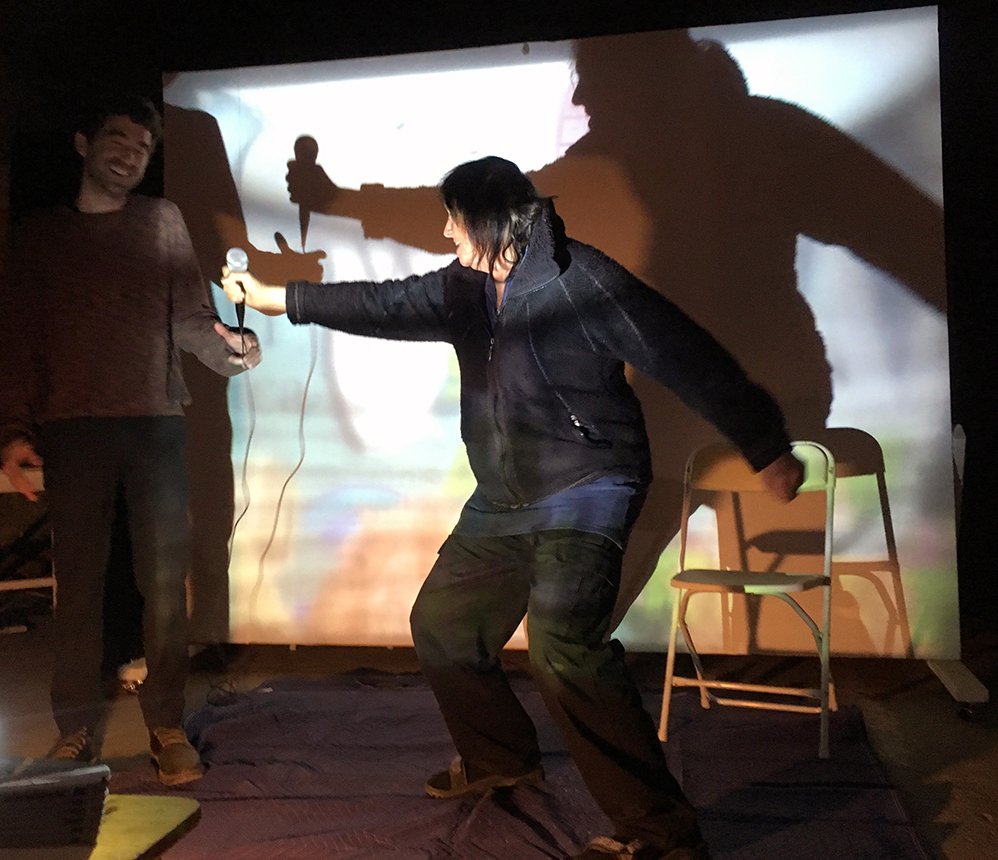
CALL FOR APPLICATIONS (DUE October 28, 2016):
Faculty Coleaders
The Center for the Humanities is currently seeking 8 full-time CUNY faculty coleaders to participate in the Seminar on Public Engagement and Collaborative Research at the CUNY Graduate Center.
ABOUT
What is the Seminar on Public Engagement and Collaborative Research?
The Seminar on Public Engagement and Collaborative Research is a two-year public humanities initiative generously funded by the Andrew W. Mellon Foundation. The seminar, which will run from spring 2017-spring 2019, builds on The Center for the Humanities’ successful pilot to promote the diverse ways the humanities function in public life as a public good. Bringing together a network of at least 38 faculty, students, adjuncts and art professionals, and–uniquely–civic, cultural, and community partners, the seminar produces and circulates research through public projects, engaged scholarship, and interdisciplinary activities at the City University of New York and in New York City itself.
For more information about the kinds of projects produced by the pilot program, view here.
In order to activate a range of academic disciplines, the seminar is organized into four distinct research teams. The overall seminar and its four integrated research teams provide a tiered, networked structure to promote both broad inquiry into public research methodologies as well as focused scholarship on specific critical topics that bridge the arts and humanities, the digital humanities, the humanities-related social sciences, and social justice. Each research team (of 8-10 participants) is led by 2 faculty coleaders. The general themes to be refined and finalized by selected participants are:
· public education and racial (in)justice;
· music and sound (performance, creation, and scholarship);
· archives;
· histories of global contemporary art.
What is a public humanities project?
Some examples of public projects collaboratively produced as part of the pilot include: archival research, intervention, and presentation; artworks; exhibitions; films; choreographic works and performances; classroom initiatives; translations; co-authored articles; public syllabi; workshops and classes; interpretive websites and interactive digital platforms; theatrical productions; books and publications; and community actions. Public projects are seated in serious scholarly research and connect communities working both inside and outside the university setting through engaged activates. For more information, view here.
Eligibility
Full-time CUNY faculty in the humanities or humanities-related social sciences with experience in the public humanities will be considered. Both individual and collaborative applications with other full-time CUNY faculty from the GC and senior and community colleges are welcome. If you apply as an individual and are selected you will be paired with another CUNY faculty coleader to lead one of four research teams (themes and structures outlined below).
Compensation/Support
This highly competitive two-year position offers three course leaves over four semesters as well as a substantial programmatic budget with which to produce public humanities projects in collaboration with a research team. The Center for the Humanities will provide logistical support for these collaborative activities.
Seminar Structure
Semester 1 (spring 2017): Faculty coleaders will meet weekly in spring 2017 to build plans, set goals, establish community partnerships, and share strategies for student and public engagement with senior advisors, doctoral students, and Center staff. This R&D period will help feed into the production of ongoing public projects.
Semester 2-4 (fall 2017, spring 2018, fall 2018): Faculty coleaders will head one of four research groups working under the rubric of the seminar to plan and promote public humanities activities in collaboration with community partners. These activities will take place throughout the duration of the grant.
Semesters 4 (fall 2018): Public activities culminate. Faculty coleaders will have an opportunity to work alongside teaching fellows and digital fellows in order to assess and disseminate information about their work.
Requirements
– Attend weekly seminar meetings and/or professional development workshops at the GC in spring 2017;
– Lead regular planning meetings with research team comprised of 8-10 participants in fall 2017, spring 2018, and fall 2018;
– Assist in the selection of community partners and other participants;
– Plan and promote public projects in the humanities in collaboration with other faculty, staff, students, and community partners;
– Contribute timely writing and reflections about public humanities work to a collaborative white paper and for the Center for the Humanities website at the conclusion of the first and second year of the grant;
– Advise doctoral student digital fellows, teaching fellows, and independent study students to produce digital, pedagogical, and interpretive offshoots of their research.
Application
Please send a letter of interest, a one-page proposal, and a CV to Kendra Sullivan at [email protected].
Details on what to include are below:
Your letter of interest should address the following:
+ Please describe your scholarship, previous and ongoing projects, and relevant activities.
+ How has collaboration informed that work?
+ How does engagement come into play in your public scholarship?
Your proposal should answer the following questions:
+ Which research theme aligns with your scholarship? (Identify one.)
Keep in mind that these areas are elastic frameworks, and your research might address any number of critical topics within these general themes through public scholarship.
They are:
public education and racial (in)justice;
music and sound (performance, creation, and scholarship);
archives;
histories of global art.
+ What is you project? Its goals/outcomes? Its publics? Its primary modes of engagement? How will your project further research on the theme you have selected?
+ Who are your community partners and how will you build and maintain relationships with them?
+ Is your project both collaborative and interdisciplinary?
+ Which CUNY publics and collaborators will your project engage?
+ What are you bringing to the table that is valuable to these publics?
+ Why would your research project benefit from and/or be advanced by public engagement?
Keep in mind that initial plans will evolve in dialogue with other participants.
Applications will be judged by a selections committee on: Scholarship; Creativity, Feasibility, Necessity, and Engagement.
Deadline
Due to the popular response, this deadline has been extended to October 28, 2016.
Related Posts
Opportunities

Information Session 4: Seminar on Public Engagement and Collaborative Research 2017-2019
Opportunities

Information Session 3: Seminar on Public Engagement and Collaborative Research 2017-2019
Opportunities

Opportunities & Fellowships: Seminar on Public Engagement and Collaborative Research
Opportunities
